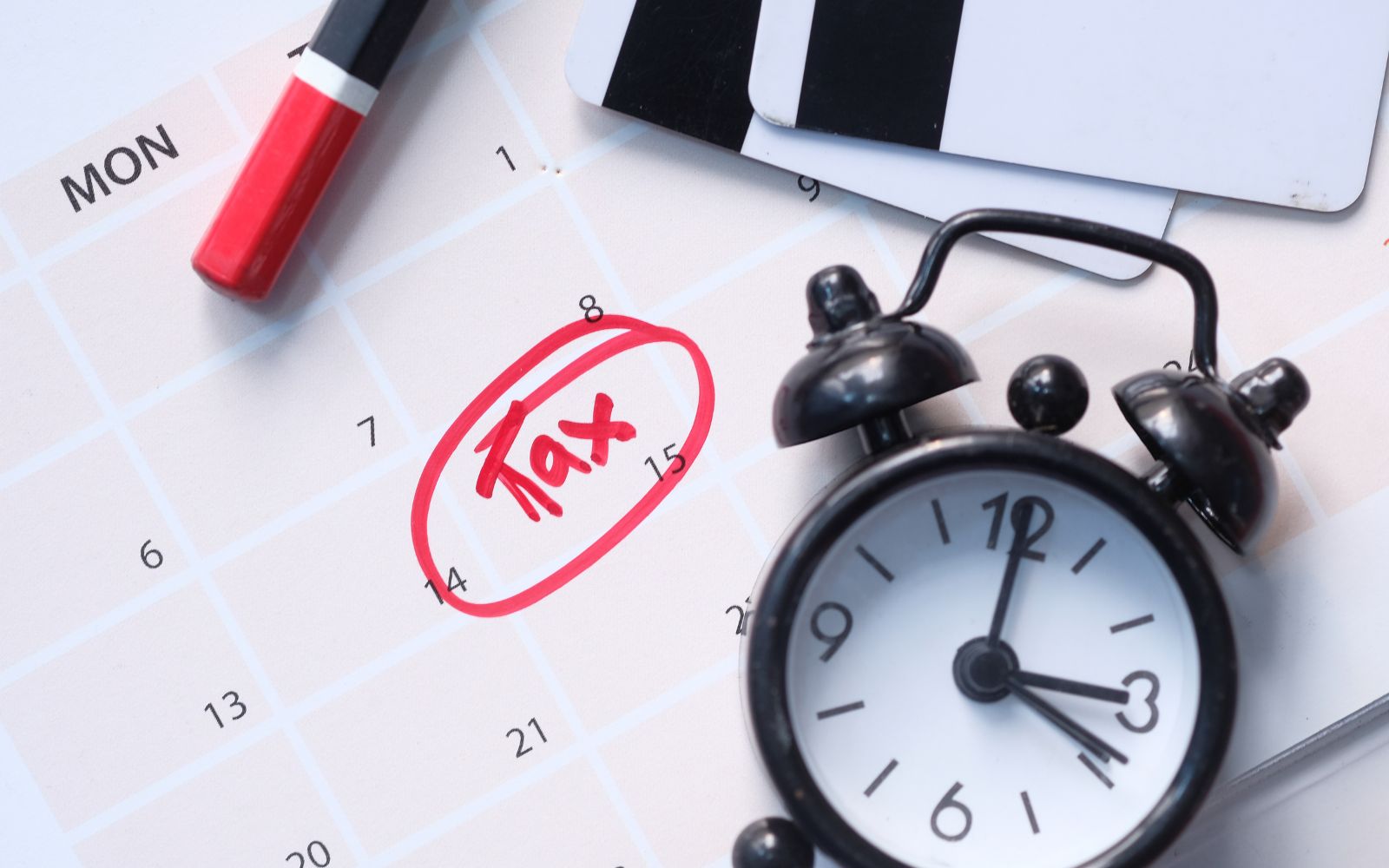Tax Implications of Covid-19 Support Payments

The UK Government provided UK businesses, as well as the self-employed, with a range of schemes and measures to support them financially during the COVID-19 pandemic.
Two questions may come to mind for Founders benefitting from such measures: are the payments taxable and how should they be treated?
Payments under the Coronavirus Job Retention Scheme
Grants payments made under the Coronavirus Job Retention Scheme (CJRS) for fully furloughed and flexibly furloughed employees are included in the calculation of the employer’s profits. However, they can deduct payments made to employees and associated employer’s National Insurance and pension contributions.
As far as the employee is concerned, grant payments paid over to them are treated in the same way as normal payments of wages and salary. They are taxable under PAYE and liable to Class 1 National Insurance contributions.
Grants under the Self-employment Income Support Scheme
The self-employed, can, if eligible, claim grants under the Self-employment Income Support Scheme if their business has been adversely affected by the Covid-19 pandemic. The first grant could be claimed in May and the second can be claimed in August.
The grants should be taken into account in computing profits for 2020/21, returned on the self-assessment tax return due by 31 January 2022. As they are included in profits, where these exceed £9,500 for 2020/21, Class 4 National Insurance contributions are payable. If profits exceed £6,475, the trader must also pay Class 2 contributions.
Where profits are below £6,475 for 2020/21, there is no obligation to pay Class 2 contributions. However, it can be beneficial to pay them voluntarily to ensure that 2020/21 remains a qualifying year for state pension and contributory benefit purposes.
Other grants
Various other grants were also paid to particular types of business, such as those eligible for small business rate relief and grants to those in specific sectors, such as those payable to businesses in the hospitality, retail and leisure sectors and to Ofsted registered nurseries.
Where the business operates as a company, the grants should be taken into account in calculating the profits chargeable to corporation tax.
If the grants were payable to a sole trader or unincorporated business, they should be taken into account in computing the profits chargeable to income tax.
The information available on this page is of a general nature and is not intended to provide specific advice to any individuals or entities. We work hard to ensure this information is accurate at the time of publishing, although there is no guarantee that such information is accurate at the time you read this. We recommend individuals and companies seek professional advice on their circumstances and matters.




